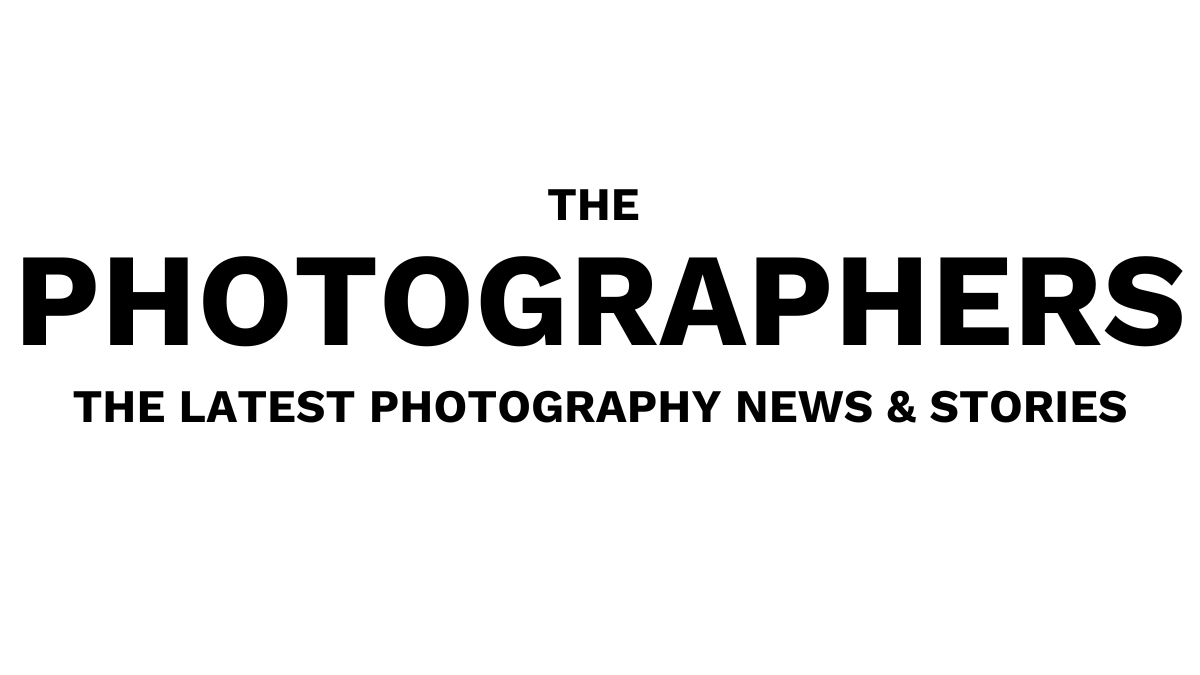As my first post here on Photography Life, I thought I would write a bit about why I shoot film as a wedding photographer. I started my career in photography in 2008 as a digital shooter. Since it was the digital age, it didn’t even cross my mind to shoot film. I had some preconceived notions about it — at the time I thought film was old, outdated, and produced inferior images compared with digital. But the more I learned about film, the more I realized I needed to take a second look.

EZ Controller


EZ Controller
(All images in this post are taken by me shot on a Contax 645 with a Zeiss 80 2.0 lens with Fuji 400H film)
My First Experience with Film
My first hands-on experience with film as a professional photographer was with James Christianson. I had hired him to photograph anniversary photos for my husband and I in 2010. He told me he was switching to film and that the session would be all film. I was curious and thought that was a great idea. And while I LOVED the finished product (see a few here on James’ blog) … getting there was a bit rough. I knew that each image taken on a medium format film camera cost approximate $1-$2. So every time he clicked the shutter, I was cringing knowing how much money was being spent. I was so accustomed to digital and not paying per frame.
At the end of our shoot, James had me shoot a roll on my own. It was such a crazy experience and I kept checking the back of the camera because I was so used to digital. My images were terrible. James took his rolls to his pro lab, and I sent my one test roll to a 1 hour local lab. My scans were terrible, full of dust, underexposed, and out of focus. At the time I said I would never shoot film.
The Change
However, as time went on, I could not deny that so many of my favorite images from other photographers were taken on film. I had noticed the work of Jose Villa and Elizabeth Messina and started to see the potential of what film really CAN do. I got curious.
I pondered which camera to buy. Should I go 35 mm and use the Canon lenses I already own? (no, I realized I liked medium format the best for film work). What about a Hasselblad? (no, I had heard it can be a bit tricky to use, but I still DO want to test one out!). I also considered a Mamiya RZ 67, but it is a beast and VERY heavy.
I decided on the Contax 645 and a Zeiss 80 2.0 lens – everyone I knew shooting film raved about it, the colors, the lens, and the ease of use. It became the obvious choice.


QSS-32_33

Becoming a Film Shooter
My first few rolls on the Contax were terrible as well. It’s not just about finding the right light, setting the right exposure, and composing the right shot. Another very important component for shooting film is your lab. You can do everything right on your end, but still get awful images if you are working with the wrong lab. I have tried quite a few labs until deciding to go with Photo Impact Imaging in Hollywood, CA.

EZ Controller


EZ Controller
Fast forward to today and I am utterly head over heels in love with the process of shooting film. I love not being able to see the photo when I take it. This makes me more aware. I like that it actually costs money to shoot film (well I do wish it costs less). Each and every frame I shoot, I strive to make it even better than the last because each frame has a literal price. With digital it becomes too easy to overshoot and not look for the best shots. And I love that it takes time to get my film back—because it feels like Christmas morning every time I get that email saying I have scans waiting to be viewed. It’s nice to have that separation from taking the photo and viewing the photo.
I love the colors that I get with film. With the right lab (thanks Photo Impact Imaging) I barely have to do any adjustments to my film— they arrive in my inbox ready to be posted to my client’s gallery. Film has a wider dynamic range where you do not lose highlights as easily as you do when shooting digitally. I love the grain— there is something so perfect in the little imperfections of film. Film grain is so beautiful to me, and gives a depth and a quality to an image that I do not get with digital. Digital images feel TOO perfect— I prefer a little imperfection from time to time.
My Recommendations for Taking a Good Film Image
- Buy a light meter. I use the Sekonic 558.
- Know your film stocks. Some films look best when overexposed 1-2 stops (Fuji 400H). Some films are best shot by spot metering (many black and white films like Tri-X). And some are best shot right around box speed or just a tiny bit overexposed (Kodak Portra 800).
- How will you know? By trial and error. And these are not hard and fast rules. They are just how I like to expose my film. I know other photographers that prefer a slightly underexposed look and shoot their film accordingly.
- Look at your negatives. A good lab can fix many mistakes! But looking at your negatives will tell you how you are doing with exposures. A dense (thick) negative means that if you hold it up to light, there are few areas that are clear, which means it would print lighter. A thin negative means that there are many sections that are very light, which means that it will print darker.


QSS-32_33

Conclusion
While I love film for its color, dynamic range, grain and what it can do with natural light, there is still a time and place for digital. There are times when I prefer my digital files (especially in low light situations). But overall, film has made me more aware, has pushed me creatively, and has given me a new perspective in my life as a wedding photographer. I feel I am a better photographer for incorporating film into my workflow.

QSS-32_33

#Film #FilmPhotography #WeddingPhotography



